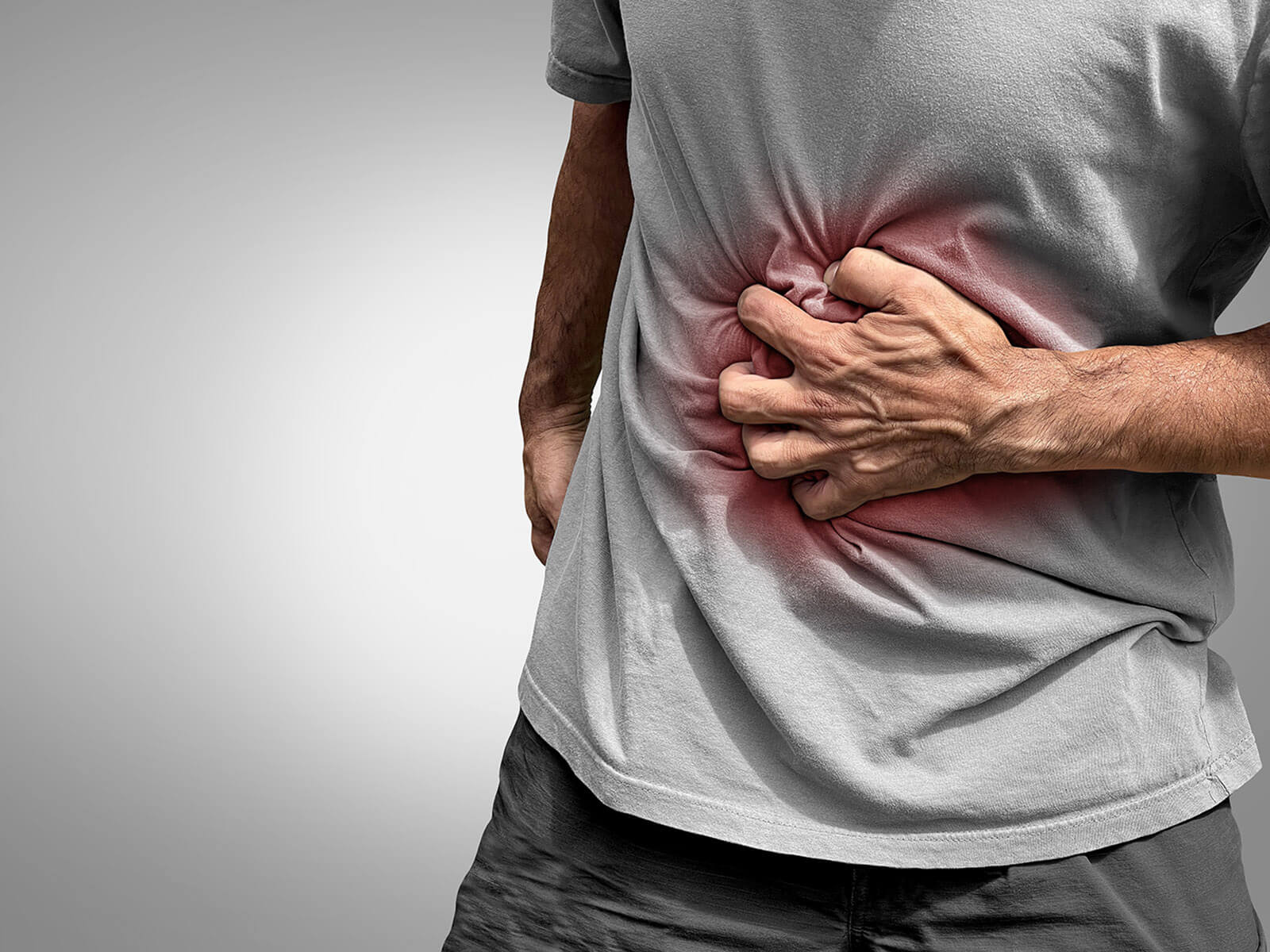
An intestinal ulcer is an opening, which is created in the digestive system lining. Such may be experienced in certain spheres:
The ulcers may disrupt the digestion, bring pain and may need medical assistance to remove it and avoid medical issues.
In the majority of instances, the signs may comprise: The signs may be determined by the position of the ulcer, the degree of the ulcer, and the location:
The ulcer is caused when the lining of the intestine which protects it becomes weak, therefore, the acid or the chronic disease will destroy the tissue of the intestine. Ordinary causes are:
Do not be late because you may develop the symptoms of an intestinal ulcer or you just want to be calm about your digestive system. GastroDoxs in Houston is also providing timely and discover-based care with individualized treatment programs, and this is what differentiates gastroenterologists with fast and well-approved gastroenterologists. Call Us at our place and take the first steps towards leading a pain-free life and leading a more quality life.
We've successfully treated more than 1.5K patients, helping individuals improve their digestive health and overall well-being through expert, personalized care.
With over 20 years of experience, GastroDoxs has been a trusted provider of gastroenterology care, focusing on delivering the best outcomes for patients
There are major ones, namely, duodenal (in the first half of the small intestine), jejunal or ileal (in the rest of the small intestine) and colonic ulcers (in the large intestine).
The most prevalent ones consist of upper abdomen pain which is likely to be either burning or cramping and resolves most likely after eating, nausea, bloating or weight loss with no apparent causes.
The stress does not cause the ulcers yet it may increase the symptoms and slow the healing process and result in behavior tendencies such as smoking or alcoholism that predispose people to the ulcers.
To suspect the presence of the complications, the diagnosis may be conducted with the assistance of upper endoscopy regarding the presence of sores, an H. pylori stool or breath test, blood tests, and imaging tests, e.g., CT scan.
Peptic ulcers are duodenoscopic ulcers and gastric ulcers. Intestinal ulcers are further classified into duodenal ulcers that are peptic ulcers.
Most ulcers can be treated in 4-8 weeks in most of the cases based on the kind of treatment therapy- inclusion of acid suppressors and use of antibiotics (when they are used when there is a necessity). The time could be prolonged as there could be complications.
Eat a no-adorned, very-low-acid fighting:eat rice, bananas, oatmeal, lean foods, cooked salads. One should not eat spicy, caffeine and highly acidic food till the ailment is cured.
Yes. Inflammatory bowel disease, such as ulcerative colitis, can cause colonic ulcers and result in such symptoms as bleeding, cramping, and diarrhea.
See a gastroenterologist when you have regular pains in the abdomen, in your stool, unexplainable loss of weight or is an indicator of bleeding or obstruction.
Most of them are treated by use of drugs and exercise. Surgical intervention is only done in cases of ulcers which result in perforation, excessive bleeding, strictures which are inhibitory to the digestive tract.